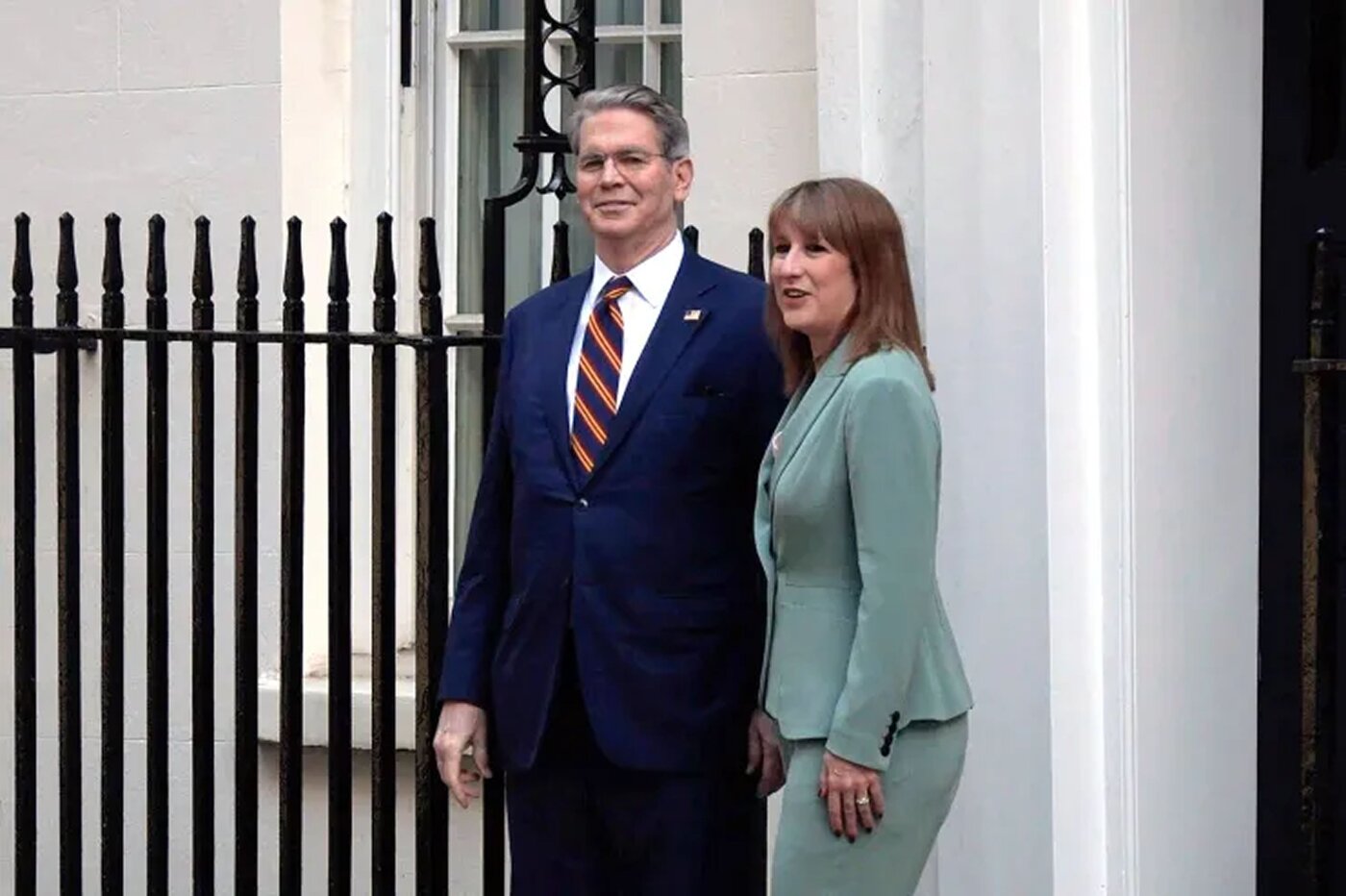Reeves Targets Professional Partnerships in Budget Crackdown
Chancellor Rachel Reeves is preparing a major tax raid on high-earning professionals, including solicitors, GPs, and accountants, as part of next month’s Budget. The move is expected to raise £2 billion by targeting limited liability partnerships (LLPs) a common structure in professional services that currently benefits from reduced National Insurance obligations.
to The Times, Reeves plans to impose a new charge on partnerships to “equalise the tax treatment” between self-employed partners and traditional employees. While the charge will be set below the standard 15% employer’s National Insurance rate, it marks a significant shift in how partnerships are taxed.
Who Will Be Affected by the Changes
The UK has an estimated 355,760 partnerships, including 86,000 with employees, many in the legal, medical, and accounting sectors. Research by the Centre for the Analysis of Taxation (CenTax) shows that solicitors account for one-fifth of all partnership income, averaging £316,000 per partner annually.
GPs typically earn around £118,000, while accountants take home roughly £246,000 in company profits. More than 13,000 partners across all sectors are believed to earn an average of £1.25 million per year placing them firmly within the chancellor’s sights as she seeks to close an estimated £30–£50 billion fiscal gap.
Mansion Tax to Target Property Wealth
Alongside the LLP levy, Reeves is expected to announce a “mansion tax” a new capital gains charge on the sale of luxury homes. The measure would apply to high-value properties, particularly in London and the South East, and is part of a broader push to tax wealth rather than income.
Economists have warned that the move could unsettle the property market, but Labour insiders argue it is a fairer way to ensure the wealthy “pay their share.”
Economic Backdrop and Brexit Factor
The Office for Budget Responsibility (OBR) is due to publish its revised growth forecasts next month, with early indications suggesting further downgrades. Reeves has warned that austerity and Brexit have had a greater long-term impact on the economy than previously projected.
“We are unashamedly rebuilding our relations with the EU to reduce some of the costs needlessly added to businesses since 2016,” Reeves said this week.Persistent inflation and sluggish growth have left the Chancellor little room to manoeuvre as she works to balance the books while adhering to Labour’s manifesto promise not to raise income tax, VAT, or employee National Insurance.
Economists Defend the Move
Experts say the LLP reforms are long overdue. Arun Advani, director of CenTax, said:
“There’s no reason partners should pay less tax than employees doing the same work. Exempting partnerships from employer National Insurance is regressive and shifts the burden to everyone else.”Similarly, Stuart Adam from the Institute for Fiscal Studies (IFS) said:
“People in LLPs are generally very well off. Many are supplying their labour just like ordinary employees, so it’s unclear why they should get preferential treatment.”
However, Adam also warned that higher taxes could discourage skilled professionals from working in the UK or prompt relocations abroad, echoing wider business fears about Labour’s fiscal tightening.
Balancing Fairness and Competitiveness
Critics of Reeves’s approach argue that the Chancellor risks stifling professional and entrepreneurial activity, particularly in sectors already struggling with high regulatory costs. But supporters counter that closing tax loopholes is essential to restoring fairness and funding public services.
As speculation mounts ahead of the November 26 Budget, all eyes will be on whether Reeves can deliver fiscal responsibility without further dampening business confidence or alienating the very professionals Labour once relied on for economic stability.











